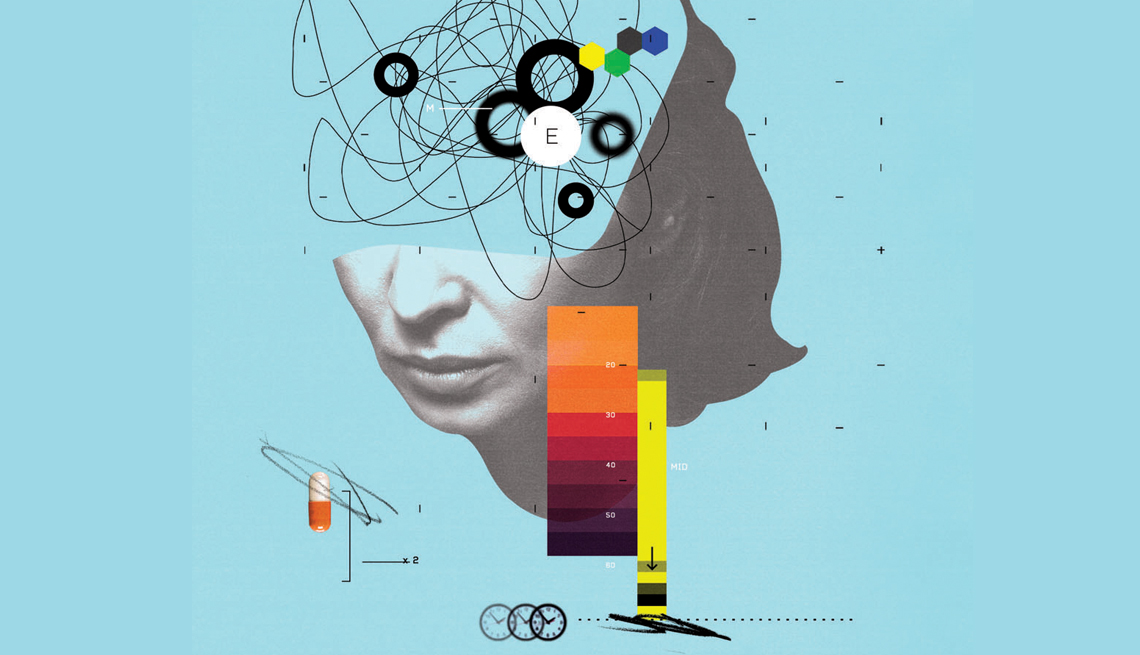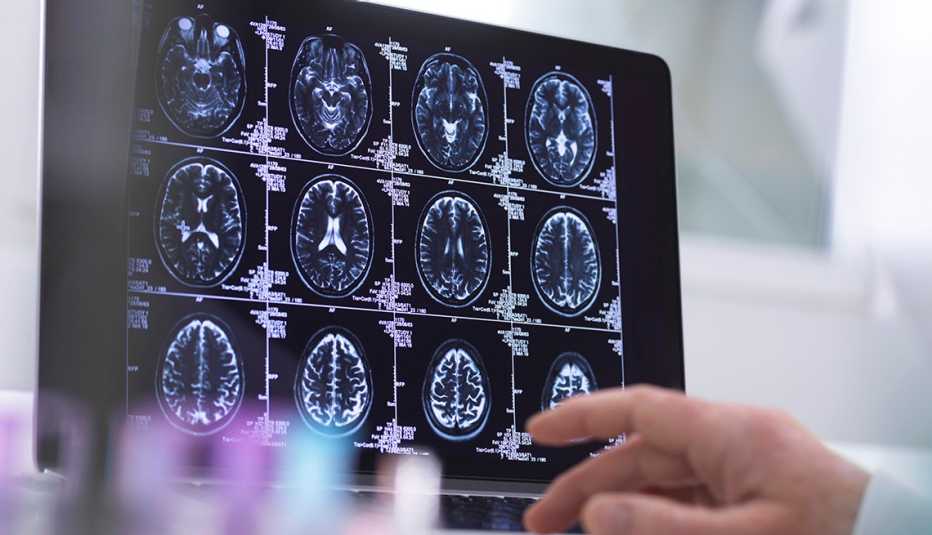Staying Fit
I hit midlife feeling totally overwhelmed. I couldn’t concentrate, couldn’t prioritize. I chalked it up to menopause, or maybe just a series of “senior moments.” But then I found a therapist who understood exactly my problem: I had attention deficit hyperactivity disorder (ADHD).
In fact, I’d been living with it all my life — but the drop in estrogen caused by the onset of menopause amplified its impact, and the coping methods I’d always relied on could no longer keep my racing mind in check.


AARP Membership— $12 for your first year when you sign up for Automatic Renewal
Get instant access to members-only products and hundreds of discounts, a free second membership, and a subscription to AARP the Magazine.
If focus and memory issues have been dogging you, especially if you’ve experienced menopause and noticed that they’ve gotten worse, read on.
Hormones, ADHD and the older brain
Three-quarters of adults ages 18 to 44 who are found to have ADHD were never diagnosed as children; among adults 60 and older, that number is 100 percent, says David Goodman, M.D., assistant professor of psychiatry and behavioral sciences at the Johns Hopkins University School of Medicine. That’s primarily because, half a century ago, clinicians simply didn’t know to screen for it in children.
“It’s a neuropsychiatric disorder that starts in childhood and continues your whole life,” he says. “It doesn’t go away when you get your AARP card.”
Hyperactivity, distractibility and executive function challenges (among them time management and impulse control) are all classic symptoms of ADHD. And when women reach perimenopause and menopause, the drop in estrogen can make ADHD symptoms significantly worse.







































































